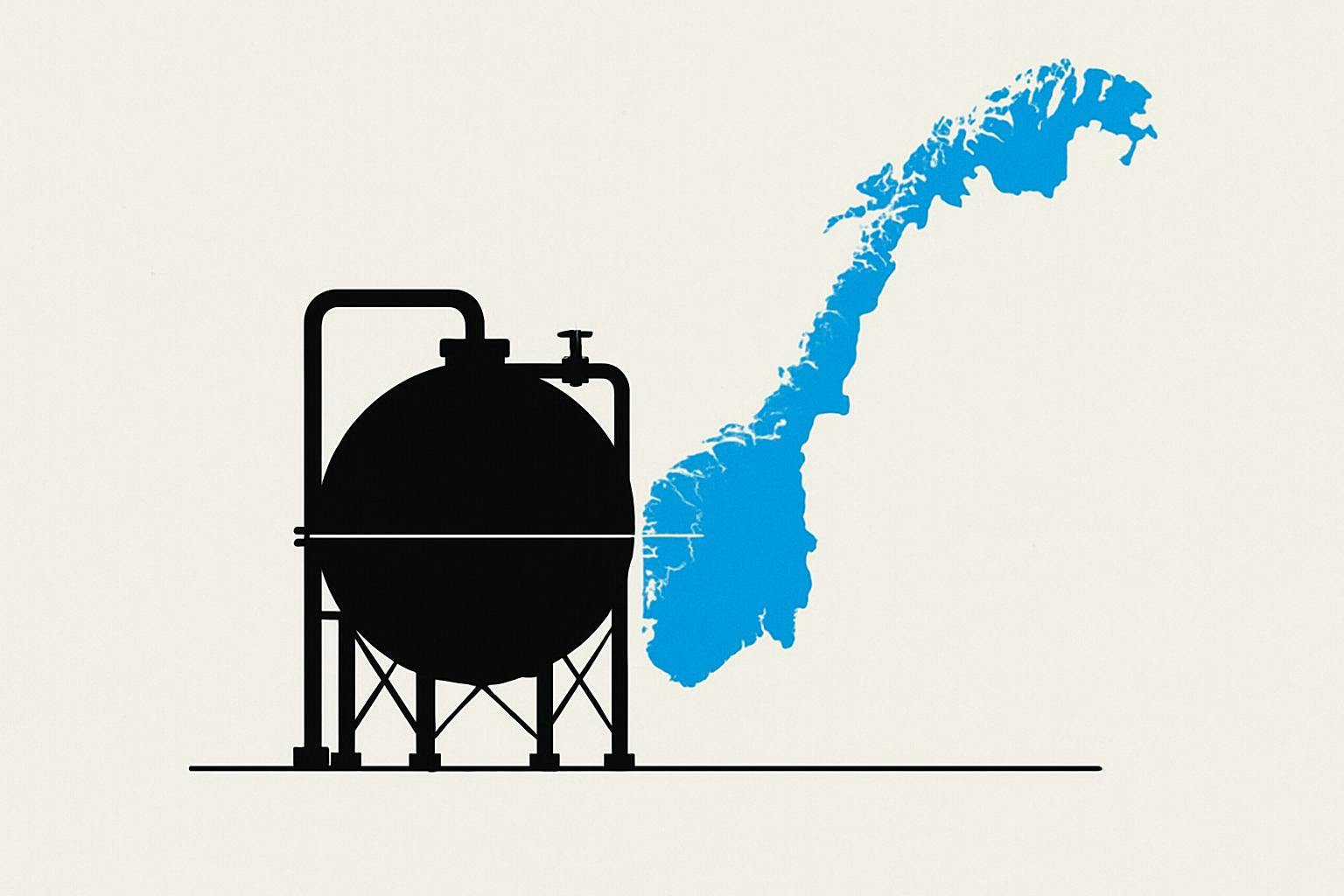What’s going on here?
European gas prices have recently found some stability, with Dutch and British markets showing resilience. This stabilization comes from balanced Norwegian gas flows and bolstered storage levels, but underlying pressures continue to persist.
What does this mean?
The European gas market is proving resilient despite underlying stresses. Dutch and British gas prices are steady, supported by consistent Norwegian flows and reduced demand, helping to refill storage and stave off crises. The Dutch front-month contract rose slightly to 35.18 euros per megawatt-hour, with interest in the July contract at 35.40 euros. British contracts showed slight declines. Stability partly results from reduced Norwegian exports, now at 292 million cubic meters per day. May saw a 10% climb in Dutch TTF prices due to tariff concerns, climate factors, and potential LNG delays. Recent northwest Europe demand fell 7%, but storage injections outpace norms, though reserves remain 19% below the five-year average. Jefferies predicts a tighter market in 2025 due to increased storage needs, dwindling Russian supplies, and LNG issues.
Why should I care?
For markets: Steady ground in volatile energy terrain.
Current conditions in European gas markets may appear stable, yet challenges persist, including ongoing supply-demand fluctuations. Investors need to monitor aspects like sustained storage refills, potential instability from geopolitical tensions, and project delays. The slight rise in the carbon market benchmark to 71.14 euros per metric ton indicates continued pricing pressure.
The bigger picture: Navigating future energy uncertainties.
Europe’s energy landscape is undergoing change, grappling with supply challenges like reduced Russian imports and LNG project holdups. With gas reserves at only 47.2% capacity, meeting future demands becomes pressing as forecasted injection needs rise. Global energy strategies are shifting as Europe adjusts to these dynamics, signaling wider economic changes and highlighting the need for resilient energy policies.
